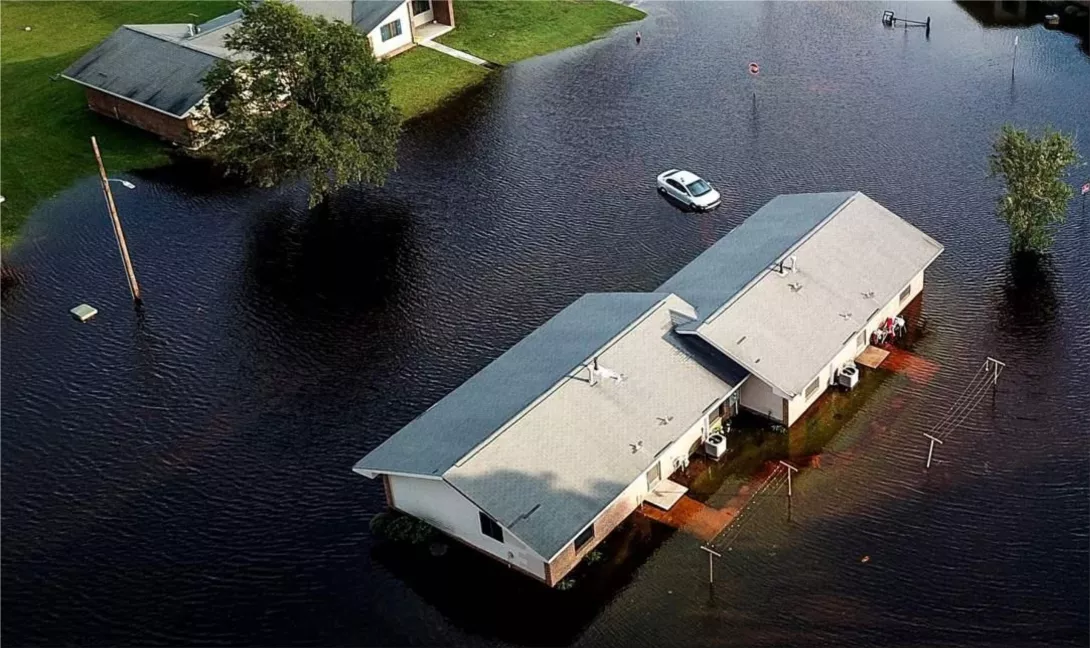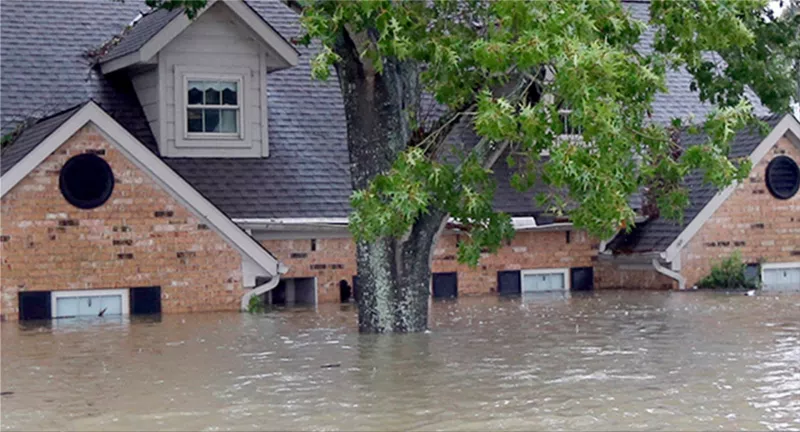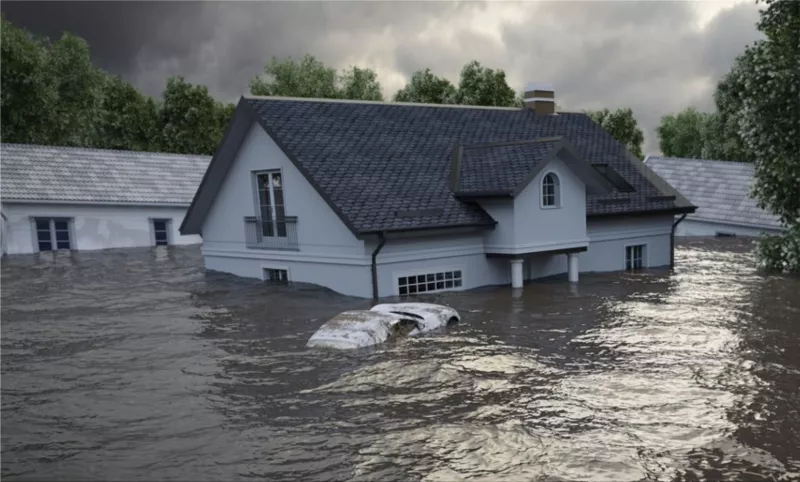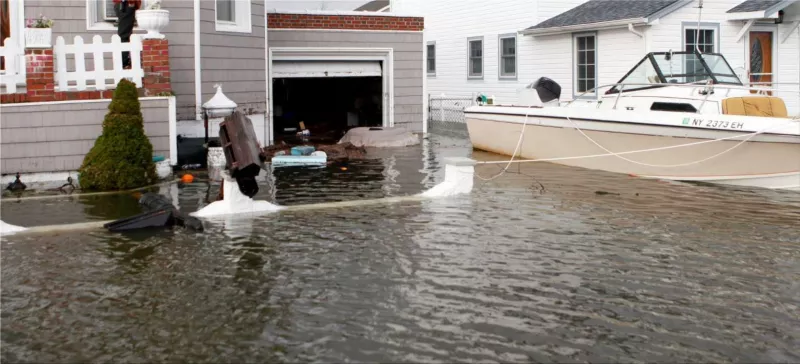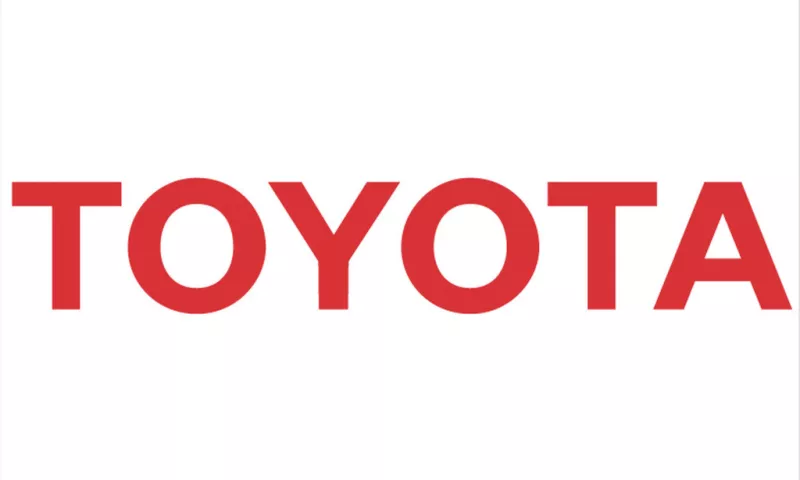When it comes to buying a home, I am like most individuals. Having a house compelled me to consider homeowners' insurance. I had a lot of questions regarding this insurance policy. I needed to receive appropriate responses. When I renew an existing homeowner's insurance policy, I may have even more inquiries. A skilled representative has always handled my investigations. Before acquiring a homes insurance policy, I believe at least five things you should ask.
1. What Is Liability Insurance?
I have discovered that to get the proper level of liability protection for your property, you must first determine how much protection is required. Keep in mind that liability coverage is intended to protect you from lawsuits involving both property damage and physical harm if you or a family member is found to be at fault. Your coverage will cover the expenses of defending you in court as well as any awards made against you by the court. The insurance restrictions set the amount. This coverage applies not just when you are at home but anywhere globally. If you have significant assets, you may need an even greater liability limit. This policy will also cover any damage caused by your pets. It is also good to talk to an insurance agent about getting umbrella liability coverage.
2. How Much Money Is Allotted for Home Reconstruction?
It would help if you also inquired about the cost of rebuilding your property in its existing location. Request a price that will cover a total loss. The homeowner's insurance policy you choose should cover all of the expenditures connected with building a new house from the ground up. An insurance company representative will be familiar with your community. They will be conversant with the building materials required to restore your home to its original condition. This understanding enables them to determine the cost correctly. A homes insurance policy should cover the partial or entire loss of your home if it is destroyed by lightning, fire, hail, hurricane, or other sorts of catastrophes included in your policy. Losses caused by earthquakes and flooding must be covered individually. A regular homes insurance coverage excludes both of these.
3. Do I require flood or earthquake insurance?
You must choose to get separate insurance for earthquake and flood coverage. Some homeowners will need to buy both. It is much too usual for homeowners to miss this. Significant floods and earthquakes have occurred in recent years. Many homeowners were in a difficult predicament because they incorrectly expected their typical homeowner's insurance policy to cover it. To find out if you need one of these types of insurance coverage, you should chat with an insurance company representative. This is a type of specialty insurance coverage. It is acquired in addition to your regular homeowner's insurance coverage. The federal government offers flood insurance coverage. The National Flood Insurance Program (NFIP) provides this. Earthquake coverage is frequently provided as add-on insurance. The California Earthquake Authority provides this coverage in California.
4. What about my personal belongings?
You will need to determine the worth of the personal belongings in your house that may need to be replaced when selecting the appropriate coverage. The expense of replacing your goods should be covered by the homeowner's insurance policy you purchase. Clothing, furniture, appliances, and other items are included. It should protect your property if it is destroyed by fire, a hurricane, or another natural disaster. It is usual for an insurance provider to recommend that a homeowner obtain up to $70,000 in personal property coverage. It could amount to up to 70% of the coverage you have on your home. A home inventory is one of the most significant ways to evaluate the necessary quantity. On the internet, you may find free inventory websites. There are also applications available for download to your phone that will assist you in doing a house inventory.
5. Am I Eligible for Any Discounts?
You should find out whether you are eligible for any savings on your homeowner's insurance. Many things, such as having a deadbolt lock, smoke detectors, burglar alarms, and more, are eligible for discounts. For example, your homeowner's insurance premiums can decrease if you install a new sprinkler system or install an alarm that alerts a monitoring station. Also, inquire if the insurance firm offers discounts to senior citizens or retirees. Other savings may be available for updating your home's electrical system, plumbing, and other systems.
It is critical to be well-informed while selecting homes insurance coverage. It is essential to understand what coverage is appropriate for your home. You will also need to figure out how much coverage you need. Keeping this in mind, you should also know how much you can afford to spend on homeowners' insurance. Some homeowners want riders added to their insurance to cover specific objects in their homes. Others are content with the bare minimum of coverage. A personal decision should be discussed with a skilled homes insurance specialist.
